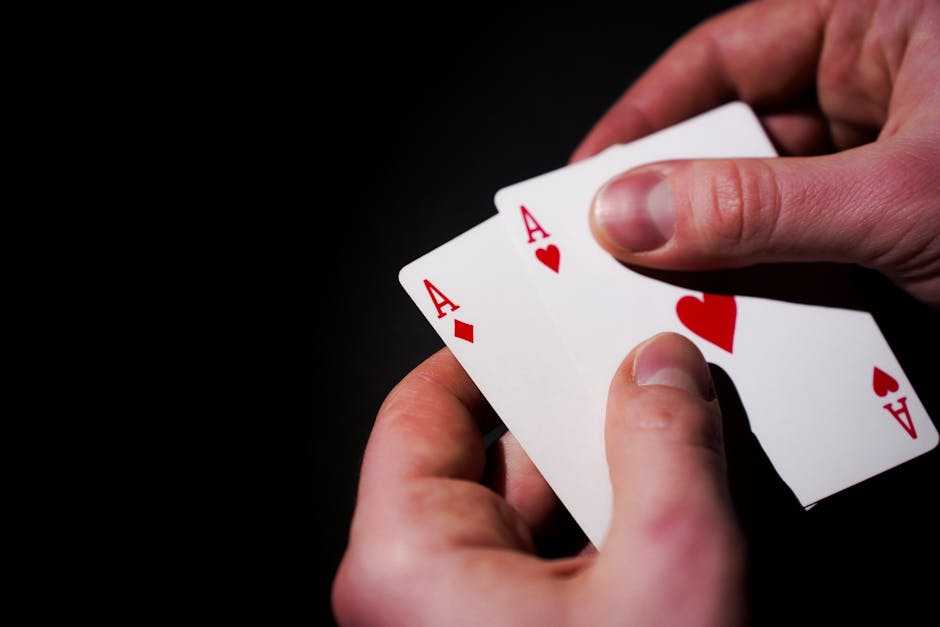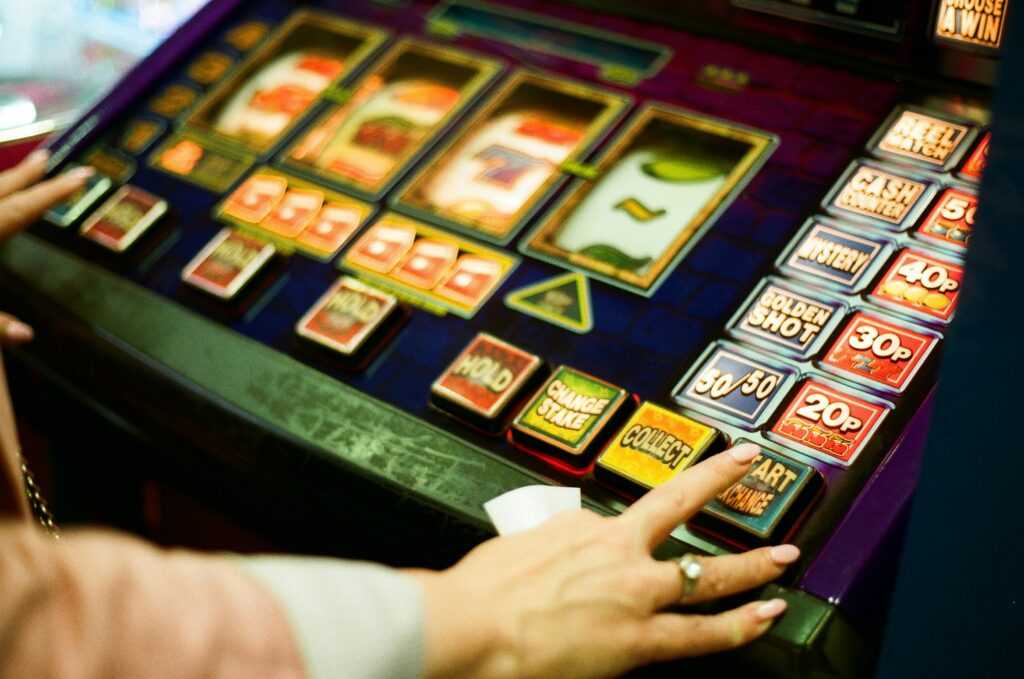Spotting the Warning Signs
Problem gambling doesn’t always announce itself loudly. More often, it creeps in under the radar, masked by habits that look harmless at first or by behaviors that friends and family brush off as stress.
Watch for subtle shifts in routine. Someone who used to be present and engaged might now disappear for hours without a clear reason. Missed appointments, skipped meals, or suddenly being unavailable late at night can be early cues.
Emotionally, the red flags are harder to ignore. Anxiety ramps up. Patience runs thin. You might notice quick mood swings, defensive behavior when gambling is mentioned, or a growing sense of secrecy around how they spend their time. These aren’t random they’re often signs of deeper internal pressure.
Financially, the signals are clearer. Money vanishes faster. Bills go unpaid. You might hear about short term borrowing or notice that personal items are being sold with vague justifications. Pay close attention to this pattern: when someone keeps running out of cash and can’t explain why, it’s not just bad budgeting.
For a full list of clinically recognized warning signs and behavioral indicators, cross reference with these professional problem gambling indicators. Early recognition isn’t just helpful it can be life changing.
How It Starts: The Slippery Slope
Problem gambling doesn’t usually begin with big bets or risky moves it starts small. A game here, a little win there. Dopamine gets involved. This chemical, tied to pleasure and reward, kicks in when you gamble and win sometimes even when you just almost win. Over time, that rush becomes something to chase.
It’s not just about thrill seeking. For many, gambling fills emotional gaps: boredom, stress, loneliness. The routine becomes coping. The stakes grow. And once losses pile up, the illusion of a “big win” that’ll fix everything keeps people locked in. That’s where the danger really sets in when gambling becomes escape and hope all in one.
Younger adults especially men in their 20s are a high risk group. But problem gambling also hits older adults, retirees, even teens. Risk goes up with access, and now, everyone’s got a casino in their pocket. Mix in fast paced games in flashy apps and it’s easy to lose track of time, money and reality.
What’s the tipping point? Often, it’s not some dramatic loss. It’s slow, quiet escalation. When gambling shifts from entertainment to emotional need, the slope gets steep fast. Casual players often don’t realize they’ve crossed the line until they’re down a hole.
Understanding the psychology behind this spiral is key to spotting early patterns before they become full blown problems.
Taking Action: Steps to Help Yourself or Someone Else

Start with the truth, but keep it kind. If you’re worried about someone’s gambling, bringing it up means walking a fine line direct but not confrontational. Focus on what you’ve noticed: changes in mood, missing money, borrowing, withdrawal. Use calm language. Avoid labels. “I’ve noticed you’ve been stressed lately do you want to talk about it?” opens more doors than, “You have a gambling problem.”
Once the conversation starts, don’t aim to fix it all at once. Guide them towards professional help. Hotlines like the National Problem Gambling Helpline (1 800 522 4700), local therapy services that specialize in addiction, and support groups like Gamblers Anonymous can make a real difference. Suggest, don’t push.
Harm reduction strategies can also buy critical time. Many gaming sites offer self exclusion options temporary or permanent and budgeting tools to cap spending. If you’re the one struggling, these are immediate ways to create space while you seek help.
And if things feel murky, go back to the basics: revisit the problem gambling indicators. They’re a good compass when you’re not sure what you’re seeing or feeling. Take steady steps. The goal isn’t control, it’s support.
Staying Ahead of the Curve
Problem gambling doesn’t show up overnight. It builds in quiet, familiar patterns. That’s why self awareness is your first line of defense. Check in with yourself often. Are you gambling more than you planned? Chasing losses? Feeling irritable when you stop? These aren’t just habits they’re signals.
It also helps to keep the conversation open with friends and family. Normalize talking about limits. No lectures, no shame just honest check ins. A simple “how’s your week on the apps been?” can go a long way. When people feel safe sharing, they’re more likely to spot problems early not just in others, but in themselves.
Technology is also stepping up. Many platforms now offer tools to set spending limits, track time, or trigger alerts when behavior shifts. Use them. Recommend them. They’re not foolproof, but they’re better than nothing. Apps like Gamban and BetBlocker can restrict access to betting sites entirely, while others offer trackers that reflect back your real behavior on screen.
Problem gambling thrives in silence and routine. Staying ahead means staying honest with yourself and your crew and using every tool available to keep things in check.
Bottom Line
Early Action Makes a Big Difference
The most effective way to minimize the impact of problem gambling is to act early. Whether you’re seeing early symptoms in yourself or someone else, taking proactive steps rather than waiting for a crisis can make recovery smoother and setbacks less severe.
Early intervention prevents long term damage
Quicker access to help often leads to better outcomes
Denial is common; don’t let it delay your response
Problem Gambling Is More Common Than You Think
Despite its serious consequences, problem gambling is more prevalent than most people realize. It can affect anyone regardless of age, income, or background.
Affects people across all demographics
Often coexists with anxiety, depression, or substance use
Guilt and shame can prevent people from seeking support
Awareness First, Action Next
Understanding the signs is your first line of defense. But insight without action achieves little. Whether it’s setting boundaries, using support tools, or encouraging someone you care about to get help, your steps matter.
Learn the early warning signs
Utilize available resources like helplines and support groups
Build a supportive environment that encourages honesty and change
Reminder: It’s not just about stopping gambling it’s about reclaiming control. If you or someone you know is struggling, acting now makes all the difference.


 Trisha Toller – With a strong focus on responsible gambling, Trisha brings a balanced perspective to the blog. She provides practical advice on managing risk, setting limits, and ensuring that betting remains a fun and controlled activity. Trisha’s thoughtful approach helps readers find the right balance between the excitement of gambling and responsible play, offering strategies to enjoy betting without overextending themselves financially or emotionally.
Trisha Toller – With a strong focus on responsible gambling, Trisha brings a balanced perspective to the blog. She provides practical advice on managing risk, setting limits, and ensuring that betting remains a fun and controlled activity. Trisha’s thoughtful approach helps readers find the right balance between the excitement of gambling and responsible play, offering strategies to enjoy betting without overextending themselves financially or emotionally.

